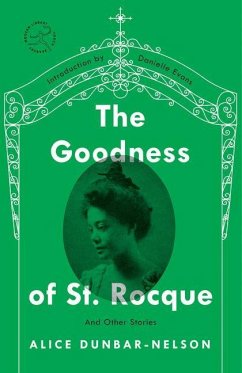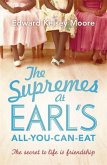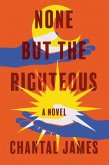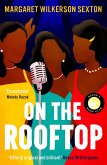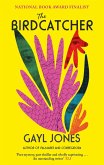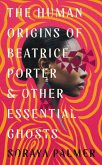This vivid collection transports readers to New Orleans, from the delights of Mardi Gras on Bourbon Street, to the quiet Bayou where lovers meet, and to fish fries on the shore of the Mississippi Sound. Alice Dunbar-Nelson focuses the struggles and joys of the Creole community in these intimate stories featuring unforgettable characters. In the title story, Manuela goes to the Wizened One for a charm when her lover strays; in "Little Miss Sophie," a young woman goes to extreme lengths to get back a ring she pawned; in "M'sieu Fortier's Violin," a talented musician finds himself at a loss when his greatest passion is taken away; and in "The Fisherman of Pass Christian," Annette, an aspiring opera singer, falls in love with a beautiful fisherman who has a secret. Together these stories provide a unique window into the world of everyday Creole Louisianians. This edition also features a selection of stories from Dunbar-Nelson's first collection, Violets and Other Tales, which beautifully compliments The Goodness of St. Rocque, making it the essential text for readers looking to discover this underappreciated writer.

